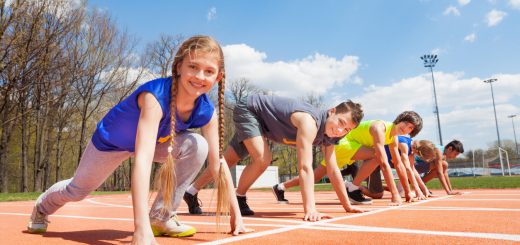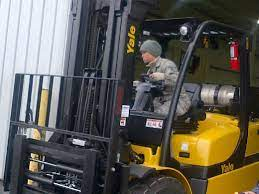Do hypoxia masks work to improve the performance of athletes?
For some time, amateur athletes have become fashionable masks that simulate altitude training and that promise to improve our physical condition if we train with them. The premise is that they generate a hypoxia (lower oxygen inhalation when breathing) situation similar to that which occurs when training at high altitudes such as high mountain.
 This situation of natural hypoxia, which is achieved by moving to high altitudes over a long period of time (at least one month), is capable of increasing and improving the respiratory capacity of athletes, as well as causing hematological changes (increased concentration of hemoglobin in the blood, which is a later onset of fatigue). Can hypoxia masks do the same for us?
This situation of natural hypoxia, which is achieved by moving to high altitudes over a long period of time (at least one month), is capable of increasing and improving the respiratory capacity of athletes, as well as causing hematological changes (increased concentration of hemoglobin in the blood, which is a later onset of fatigue). Can hypoxia masks do the same for us?
In the first place, it must be said that, since it is relatively new, there are not many studies yet, but those that exist so far, such as that of Sellers or Porcari, both of 2016, do not provide good results for the masks of hypoxia.
Hypoxia masks regulate the entry of air through the mouth and the nostrils allowing a lower oxygen input than under normal conditions. This makes the perception of the effort when training with the mask is greater, but does not cause improvements in other aspects such as heart rate, blood pressure, lactate threshold or oxygen saturation.
This may be due to several reasons: one of them, as pointed out in this article by coach Fernando Zarzosa, responds that training for a couple of hours with a hypoxia mask is not equivalent to living in altitude for as long as athletes do. elite that move to other altitudes. In this respect, it has proved useful to use the hypoxia chamber in which some athletes sleep or intermittent hypoxia training.
Although, apparently, these masks do not fulfill all that they promise, in the studies they have proven to be effective in improving the respiratory muscles of those who have used it and its ventilatory thresholds.
For now we have to wait for more studies on these accessories to know if their benefits really can match those of altitude training.








